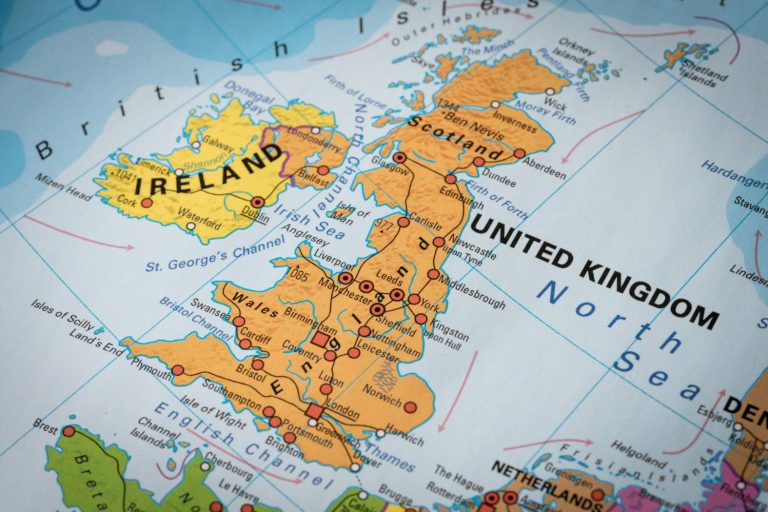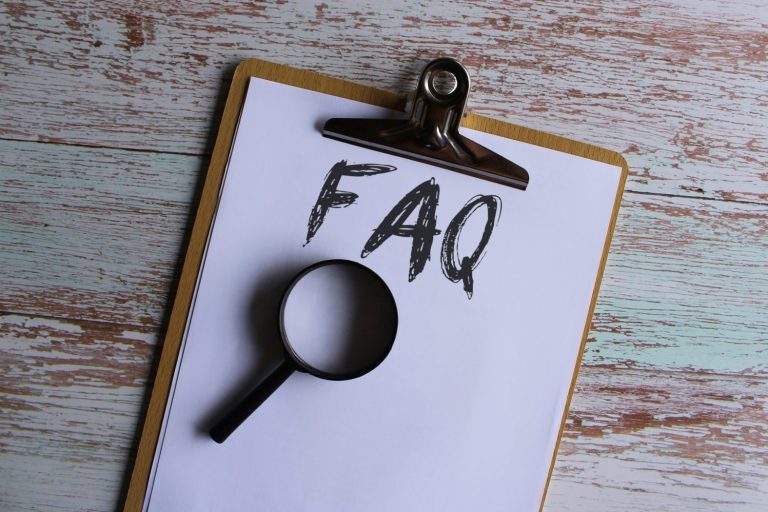Facebook is immense. It is an international phenomenon with over 800 million users worldwide and seemingly continuing to grow at a record pace. With over 7 billion people on the planet, you could argue that it has a long way to go yet but to do so would be to overlook the fact that it is already starting to lose users. This in itself should be a signal that no matter how good your offering, if you don’t innovate then the inevitability of the product life cycle will kick in and as Facebook is definitely in ‘maturity’ there would seem to be an inevitable path that this will follow.
Now whilst it’s fair to say that we’ve had some fairly harsh things to say about Facebook in recent posts let’s not take away from their success. They have around 53% of the entire population of the UK signed up which is 62% of all internet users in the UK and that is no mean feat. We’ve long argued though that this in itself should not be a reason for believing that they can monetise any of this reach and if recent reports are anything to go by then it may be a cause to believe that the tipping point has been reached.
At the back end of 2011, the Guardian printed some downbeat assessments of Facebook’s user numbers, and this followed an article in the Telegraph some months before which also pointed to a loss of users. What neither of these articles did, however, was to shine some light onto the reasons for the loss.
Last week one of our friends liked this on Facebook, and when we say ‘liked’ he also inadvertently sent this out to all his friends
The particular issue that our friend has is that every day he is bombarded with spammers using tactics like ‘[OMG] At 17, she did THIS in public high school, EVERY day! Outrageous?’ to get a click from you. This takes you to a page or video which you need to click on to get past but in so doing you are automatically ‘liking’ their page and therefore spreading this scam virally. This ‘clickjacking’ results in people giving away their personal details in many cases which can then be used by fraudsters.
This particular scam has now been overtaken by a whole raft of ‘million likes’ scam pages such as ‘my mum says I can have a puppy if I get a million likes’, and this demonstrates that there are no depths to which these people will go. We’ve recently seen ones relating to cancer victims which are nothing of the sort but by clicking on it you like it and it automatically spreads virally. But how is the ordinary user supposed to understand which of these is genuine and which is a scam? The answer is they don’t and they can’t and so Facebook has become a breeding ground for this parasitic behaviour.
Add to this the standard complaint about Facebook advertising and their wildly inaccurate targeting and you can start to understand the discontent.
Over Christmas another of our friends, a regular Facebook user, deleted his entire account due to spam. In New Zealand, a report out this week highlights the platform’s loss of users, particularly amongst the 13-15-year-olds which are supposed to be the growth engine for the future.
Alongside the spam issues, people are waking up to the fact that posting on Facebook effectively gives people you know and people you don’t a window into your life. It lays bare everything you do in a most uncomfortable way sometimes. In fact, this ‘personalisation’ means that many other sites now only allow sign up using your Facebook profile as this is their way of stopping anonymous users registering. Whilst platforms like Tumblr and Twitter allow anonymity these will continue to be far more popular with individuals who have privacy issues.
These are all real examples from the past seven days and are indicative of the current sentiment about the product and brand and one which we see shared more frequently every day. Social Media ceases to become effective if it starts to intrude on the user experience and sadly, Facebook seems to be going that way.
Add to this the fact that Facebook still hasn’t successfully monetised the mobile market and there appears to be an iceberg on the horizon. The question is, can Facebook steer round it in time or is it cruising towards a MySpace inevitable ending?






